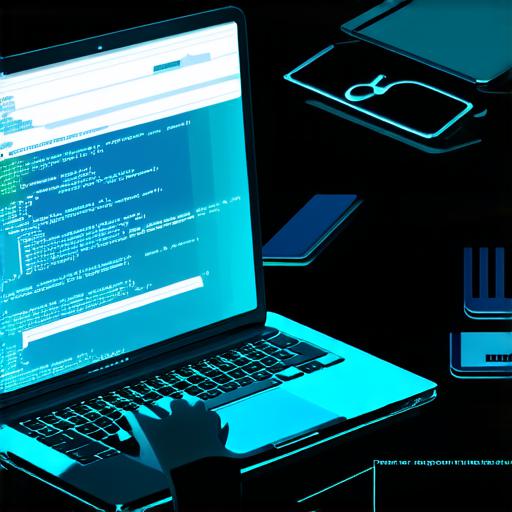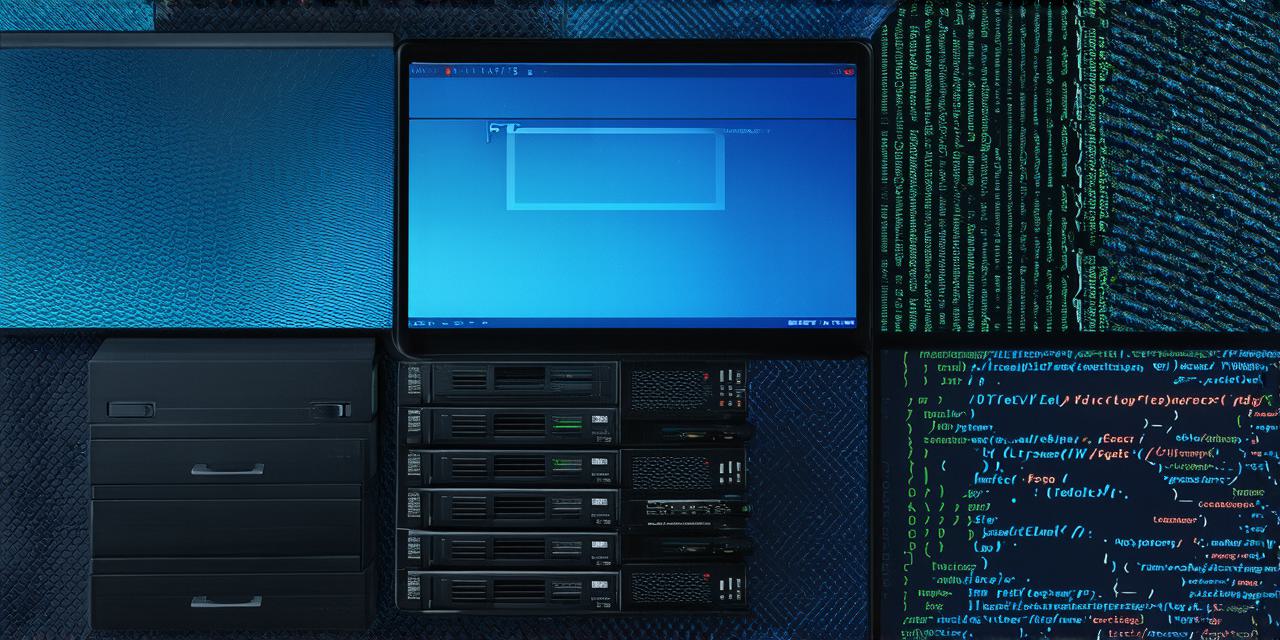If you are interested in building web applications and have the technical skills to do it, then becoming a full stack web developer might be the right career for you. In this article, we will discuss what it takes to become a full stack web developer, including the necessary skills, tools, and certifications. We will also explore some of the most common misconceptions about full stack developers and dispel them once and for all.
Skills Required to Become a Full Stack Web Developer
Becoming a full stack web developer requires a combination of technical and soft skills. Here are some of the most important skills you will need:
- Programming Languages: As a full stack web developer, you will need to be proficient in at least one programming language, such as JavaScript, Python, Ruby, or PHP. You should also have experience with HTML, CSS, and SQL.
- Frameworks and Libraries: In addition to programming languages, you will need to be familiar with popular frameworks and libraries, such as React, Angular, Vue, Node.js, and Django.
- Database Management: Full stack web developers need to have knowledge of database management systems, including MySQL, MongoDB, PostgreSQL, and Oracle.
- Server Management: You will also need to be familiar with server management tools such as Apache, Nginx, and AWS.
- Problem Solving: As a full stack web developer, you will need to be a skilled problem solver who can identify and solve issues as they arise.
- Communication Skills: Full stack web developers must communicate effectively with clients or project managers, as well as other members of the development team.
- Collaboration: You should be able to work collaboratively with designers, product managers, and other stakeholders to ensure that the final product meets the needs of the client.
- Time Management: Full stack web developers must be able to manage their time effectively, as they will often be working on multiple tasks simultaneously.

Tools Needed to Become a Full Stack Web Developer
In addition to the skills required to become a full stack web developer, you will also need certain tools and technologies. Here are some of the most important:
- Text Editor: A good text editor is essential for any programmer. Some popular choices include Visual Studio Code, Sublime Text, and Atom.
- Version Control: Version control software, such as Git, allows you to track changes to your code and collaborate with other developers more effectively.
- Package Manager: Package managers, such as NPM and Yarn, allow you to easily install and manage dependencies for your projects.
- Development Environment: A development environment, such as a local server or cloud-based platform, allows you to test your code in a real-world environment before deploying it.
- Testing Tools: Testing tools, such as Jest and Selenium, allow you to automate the testing process and catch bugs early on.
- Debugging Tools: Debugging tools, such as Chrome DevTools and Firefox DevTools, allow you to diagnose and fix issues in your code.
Certifications for Full Stack Web Developers
While certifications are not necessary to become a full stack web developer, they can be useful for demonstrating your expertise and qualifications to potential employers. Here are some of the most popular certifications:
- Certified Full Stack Developer (CFSD): This certification is offered by the International Association of Software Architects (IASA). It covers a wide range of topics, including front-end development, back-end development, database management, and server management.
- Certified Full Stack Developer – JavaScript: This certification is offered by the Hong Kong Institute of Certified Full Stack Developers (HKIFSD). It focuses specifically on JavaScript development and covers topics such as Node.js, React, Angular, and Vue.
